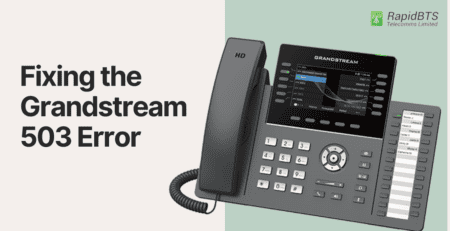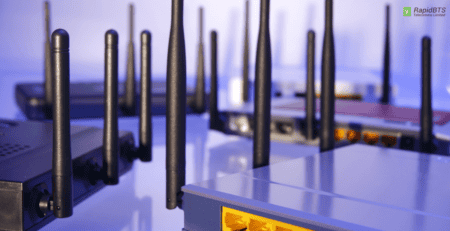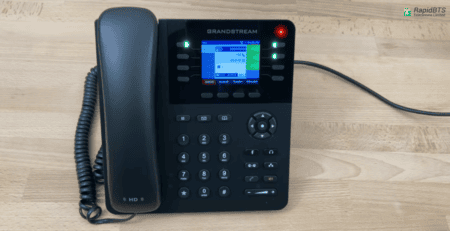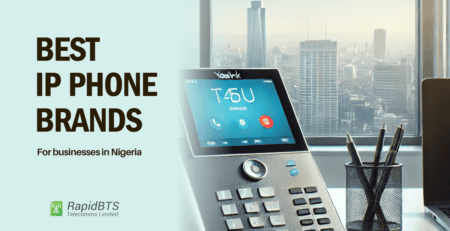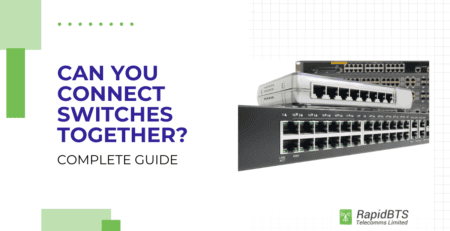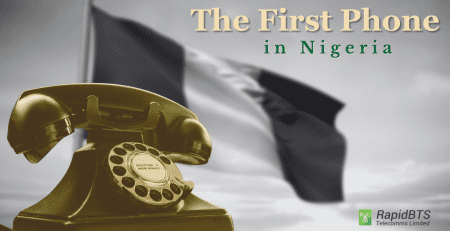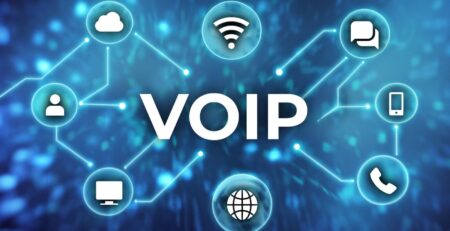Hotel Phone Systems & PBX Solutions: 2025 Ultimate Guide
In the ever-evolving hospitality industry, efficient communication is paramount. This comprehensive guide explores the world of hotel phone systems and PBX solutions, providing valuable insights for hoteliers looking to upgrade their communication infrastructure in 2025. From understanding modern technologies to selecting the right provider, we’ll cover everything you need to know about implementing a state-of-the-art hotel phone system.
Current State of Hotel Communications
The hospitality industry has witnessed a significant transformation in communication technologies over the past decade. Modern hotel phone systems have evolved far beyond traditional landlines, embracing sophisticated PBX (Private Branch Exchange) solutions and VoIP (Voice over Internet Protocol) technologies.
These advanced systems offer seamless connectivity, enhanced features, and improved guest experiences. Hotel staff can now efficiently manage calls, transfer guests to different extensions, and provide personalized services through integrated communication platforms.
In 2025, the focus is on creating a unified communication ecosystem that caters to both guest needs and operational requirements. Hotel phone systems now offer features like automated wake-up calls, room status updates, and direct connection to various hotel services.
The adoption of IP PBX systems has paved the way for more flexible and scalable solutions, allowing hotels to adapt to changing communication needs. Moreover, these modern systems provide detailed analytics and reporting capabilities, enabling hotel management to make data-driven decisions and optimize their communication strategies.
Types of Hotel Phone Systems
Hotel phone systems come in various types, each catering to different needs and budgets. Traditional PBX systems, once the backbone of hotel communications, are gradually being phased out in favor of more advanced solutions.
IP PBX systems have gained popularity due to their flexibility and cost-effectiveness. These systems leverage internet connectivity to transmit voice data, offering features like call routing, voicemail, and conference calling. Virtual PBX solutions, hosted in the cloud, provide even greater flexibility and scalability, allowing hotels to manage their communication needs without significant hardware investments.
Another emerging trend in hotel phone systems is the adoption of hybrid solutions that combine the benefits of traditional PBX and modern IP-based technologies. VoIP systems have become increasingly popular in the hospitality industry, offering crystal-clear voice quality and advanced features like video calling and instant messaging.
Some hotels are also exploring unified communication platforms that integrate various communication channels, including phone, email, and messaging apps, into a single interface. This approach enhances staff productivity and improves guest communication across multiple touchpoints.
Hotel PBX System Essential Features
Modern hotel phone systems offer a wide array of core functionalities that are essential for smooth operations and enhanced guest experiences. One of the primary features is efficient call management, allowing front desk staff to handle multiple calls simultaneously, transfer calls to different extensions, and set up conference calls.
Voicemail capabilities are crucial, enabling guests to receive messages even when they’re away from their rooms. Advanced systems also offer automated attendant features, guiding callers through menu options to reach the desired department or service.
Another vital functionality is the integration with the hotel’s property management system (PMS). This integration enables real-time updates of room statuses, automated check-in/check-out processes, and seamless billing for phone usage. Wake-up call systems are also a standard feature, allowing guests to schedule automated wake-up calls through their room phones or the front desk.
Many modern hotel phone systems also offer multi-language support, catering to international guests and improving overall communication. Additionally, features like call recording, call analytics, and detailed reporting help hotel management monitor and improve their communication services continuously.
Technology Requirements
Implementing a modern hotel phone system requires careful consideration of various technology requirements. A strong and reliable internet connection is essential, especially for IP-based systems and VoIP solutions.
Hotels need to ensure they have sufficient bandwidth to handle voice traffic without compromising quality. Network infrastructure plays a crucial role, with requirements for switches, routers, and possibly Power over Ethernet (PoE) capabilities to support IP phones. Security measures, including firewalls and encryption protocols, are essential to protect sensitive guest information and prevent unauthorized access to the communication system.
Compatibility with existing hotel management software and property management systems is another critical technology requirement. The phone system should seamlessly integrate with these platforms to ensure smooth operations and data synchronization.
Cloud-based solutions may require specific considerations for data storage and backup systems. Additionally, hotels need to consider the scalability of the chosen system to accommodate future growth and technological advancements. Mobile integration capabilities are becoming increasingly important, allowing staff to access the phone system features through smartphones or tablets.
Budget Considerations
When considering the implementation of a new hotel phone system, budget plays a crucial role in decision-making. The costs associated with hotel phone systems can vary significantly depending on the type of system, the size of the property, and the chosen features.
Traditional PBX systems often require substantial upfront investments in hardware and installation. In contrast, IP-based systems and cloud solutions may have lower initial costs but higher ongoing subscription fees. Hotels need to consider both capital expenditure (CAPEX) and operational expenditure (OPEX) when budgeting for a new phone system.
Cost factors to consider include hardware costs (such as IP phones, servers, and network equipment), software licenses, installation and configuration fees, and ongoing maintenance costs. Training costs for staff should also be factored in, as well as potential downtime during the transition period.
Many hotel phone system providers such as RapidBTS offer flexible pricing models, which can help hotels manage their cash flow more effectively. It’s important to o conduct a thorough cost-benefit analysis, considering factors like improved efficiency, potential revenue generation from additional services, and enhanced guest satisfaction. While the initial investment may seem significant, a well-chosen hotel phone system can lead to substantial long-term cost savings and operational improvements.
Deployment Strategy
The process typically begins with a thorough assessment of the hotel’s current communication infrastructure and needs. Once a system is chosen, a detailed project plan should be created, outlining timelines, milestones, and responsibilities. It’s often beneficial to implement the new system in phases, starting with a pilot program in a specific area of the hotel before rolling out to the entire property.
Training is a critical component of the deployment strategy. Staff members, particularly those at the front desk and in housekeeping, should receive comprehensive training on the new system’s features and functionalities.
During the deployment phase, it’s essential to have a contingency plan in place to minimize disruptions to guest services. Many hotels choose to implement new systems during off-peak seasons to reduce potential impacts on guest experiences.
Post-deployment, a period of monitoring and fine-tuning is necessary to address any issues and optimize the system’s performance. Regular feedback sessions with staff and guests can provide valuable insights for continuous improvement of the hotel’s communication services.
The importance of a powerful and efficient hotel phone system cannot be overstated. The right communication solution can significantly enhance guest experiences, streamline operations, and provide a competitive edge in the ever-evolving hospitality industry.
When selecting a hotel phone system, it’s crucial to consider not only the current needs but also future technological advancements and changing guest expectations. The integration of AI, IoT, and advanced analytics in hotel communication systems is likely to become more prevalent, offering even more sophisticated features and insights.
Frequently Asked Questions
What is a hotel phone system?
A hotel phone system is a specialized telecommunications network that connects guest rooms, staff, and external callers while providing essential hospitality features. It typically includes room phones, front desk connections, and automated services like wake-up calls and voicemail. Modern systems often integrate with property management software and can handle both traditional phone calls and digital communications.
What system does a hotel use?
A Property Management System (PMS) is the core software that hotels use to manage their daily operations. It handles everything from reservations and check-ins to room assignments, billing, and housekeeping management. PMS systems integrate with other hotel technologies, including phone systems, to provide a seamless operational experience.
How do hotel phone systems work?
Hotel phone systems create a private network that routes calls between rooms, departments, and the outside world through a central management system. When a guest dials from their room, the system automatically identifies the room number for billing and can connect them to hotel services using simple extensions (like "0" for front desk or "1" for room service). The system also manages automated features like wake-up calls and tracks all calls for billing purposes.


